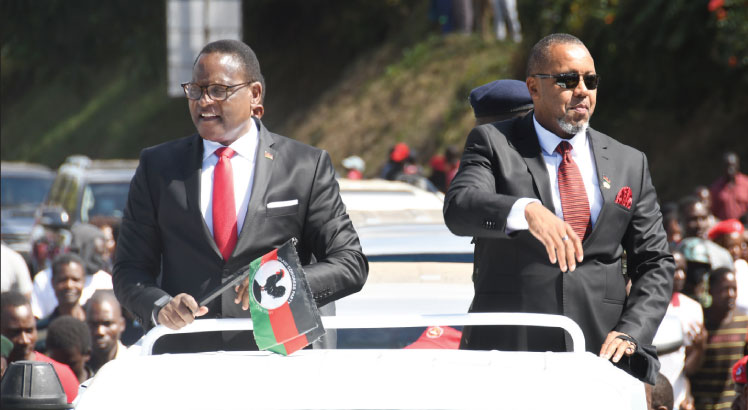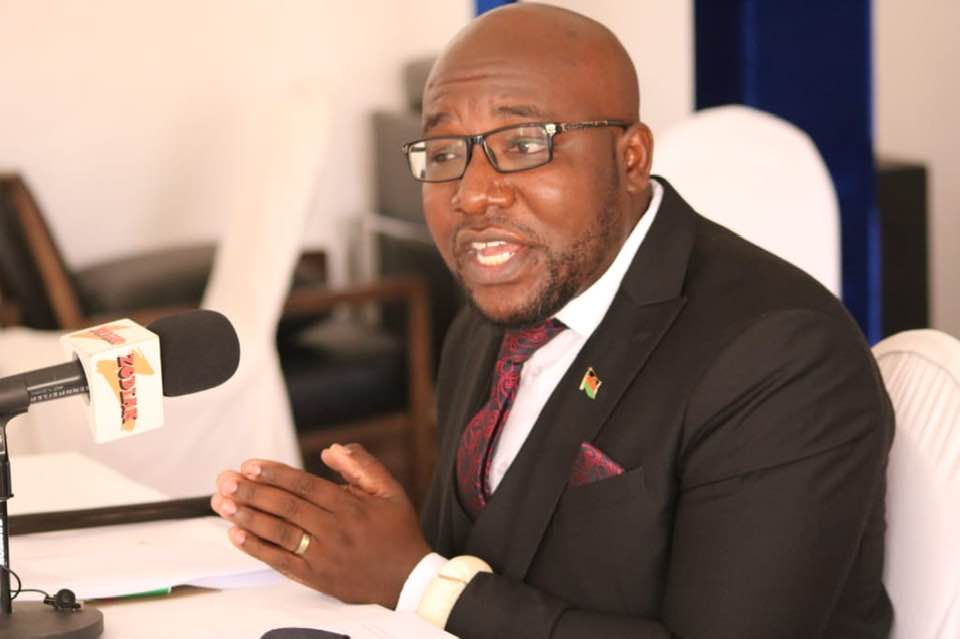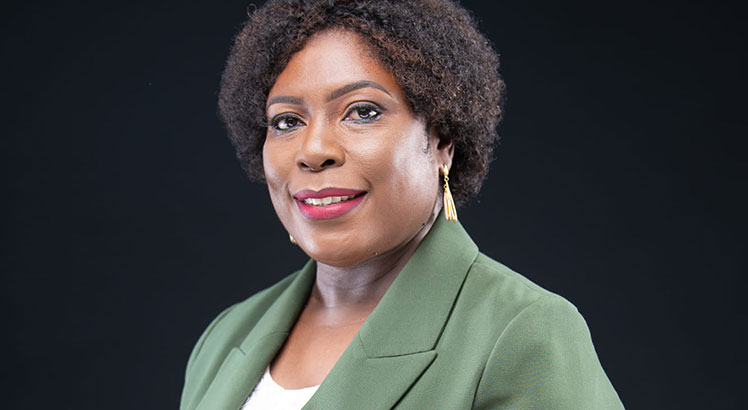Chakwera faces bumpy ride—EIU
Economist Intelligence Unit (EIU) has forecast a bumpy ride for President Lazarus Chakwera and Malawi Congress Party (MCP) on the road to 2025 elections.
EIU, the research and analysis division of the Economist Group based in London, United Kingdom, has also mentioned lack of cohesion in the governing Tonse Alliance that Chakwera leads as another factor to the President’s bumpy ride in the September 2025 Tripartite Elections.
In its June 2023 Country Report on Malawi, EIU further cited food and fuel shortages worsened by low foreign exchange reserves alongside high levels of poverty, corruption and unemployment as potential sources of instability that could make Chakwera’s tenure a difficult one
Reads the report in part: “Mr. Chakwera will, therefore, continue to lead a minority government, with limited support from other members of the governing Tonse Alliance [such as the UTM Party of Vice-President Saulos Chilima and the People’s Party of former president Joyce Banda], owing to infighting about succession issues.
“Joint parliamentary and presidential elections are due in September 2025. At the next polls, Mr. Chakwera and the MCP face probable defeat, as the Tonse Alliance is disintegrating, owing to internal strife.”
But Minister of Information and Digitisation Moses Kunkuyu dismissed the EIU’s prediction, stating that the Tonse Alliance is intact.

“Tonse is intact. Should there be any divorces and new marriages in the future, that’s the beauty of democracy,” he said.
The think-tank also predicts protests due to high cost of living, especially with the delay for the country to secure an Extended Credit Facility (ECF) with the International Monetary Fund (IMF).
Further reads the report: “Endemic corruption, which pervades all tiers of government, and a lack of transparency will jeopardise Malawi’s relations with Western partners such as the US [United States of America] and the EU [European Union] who contribute substantially in terms of aid and grants.
“Mr. Chakwera’s anti-corruption fight is now viewed by external observers as a charade, especially following the arrest of the ACB[Anti-Corruption Bureau] director. We expect a lack of political will to stifle efforts to root out corruption, worsening relations with major Western countries.”
Political and governance pundits The Nation interviewed yesterday shared the EIU’s sentiments and urged Chakwera and MCP to maintain Chilima to win the 2025 polls while ensuring that challenges affecting Malawians are resolved, including corruption.
University of Malawi (Unima) associate professor of political science Boniface Dulani said yesterday the 2025 polls will be choiceless elections.
He said: “In 2025, it could be an election which I could describe as choice-less election because you have people who are frustrated and feel let down by the Tonse Alliance, but might also be remembering that the DPP [Democratic Progressive Party] is not much of an option.
“Either people will stay away from the vote or that opens room for a third political party that could be a major player, one that doesn’t have the baggage of the Tonse Alliance or DPP. But, whichever case, there is higher likelihood that the 2025 polls will go into second round.”
In a separate interview, Catholic Commission for Justice and Peace national coordinator Boniface Chibwana said the undesirable socio-economic and political realities in spheres of the economy, governance and service provision point towards a failed State.
He accused Chakwera of failing to appreciate the electoral contributions of other political allies because of “mere patronage and cronyism” within his party.
Political scientist Wonderful Mkhutche added that the fight against corruption has been reduced to lip-service.
“We have not seen the President acting decisively on corruption. As such, this is providing a fertile ground for more corruption, contrary to what was promised in the last electoral campaign,” he said.
Public expenditure tracking and governance pundit Mavuto Bamusi also said Tonse Alliance’s future hangs on how it manages high cost of living and bad procurements of fertiliser as well as manifesto promises, like one million jobs.
“It is the economy that will kill Tonse Alliance prospects for 2025 elections. Similarly, political violence can indeed be predicted as has recently been the case in Blantyre when MCP organised political rallies,” he said.
But Human Rights Defenders Coalition chairperson Gift Trapence said he felt change will not be achieved without sacrifices and that Chakwera can only redeem himself by making radical decisions.
In a written response yesterday, Kunkuyu, who is with the President in China for the China-Africa Economic and Trade Expo, said Chakwera’s focus is on sustaining what has led to the general stability being referred to in the report and ensuring that Malawi does not slide back into the tense and unstable recent past.
He said the report is better read on the benchmark of where Malawi was three years ago under DPP.
Kunkuyu said: “In a democracy, there’s freedom of association and no single partner has pulled out of the alliance citing internal strife as the reason. Not that I have heard of.
“We are okay as Tonse and it is clear that there are visible squabbles in the opposition depriving Malawians of the opportunity to have checks and balances on the government.”
On corruption fight, he said no administration in the country has ever had a well-empowered ACB with no interference like the current one.
“That is the spirit that Malawians want to fight corruption in this country. It would have been best to cite examples and question what the institutions charged with that responsibility such as ACB are doing. They do speak for themselves and they haven’t said they are being gagged,” Kunkuyu said.
The EIU report comes 10 months after majority of respondents in an opinion poll conducted by Afrobarometer said they would vote for DPP if elections were conducted in February 2022.
The Afrobarometer survey, which measures public perceptions on governance and other issues, also found that about 80 percent of Malawians thought the country was heading in the wrong direction.





